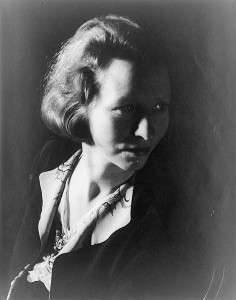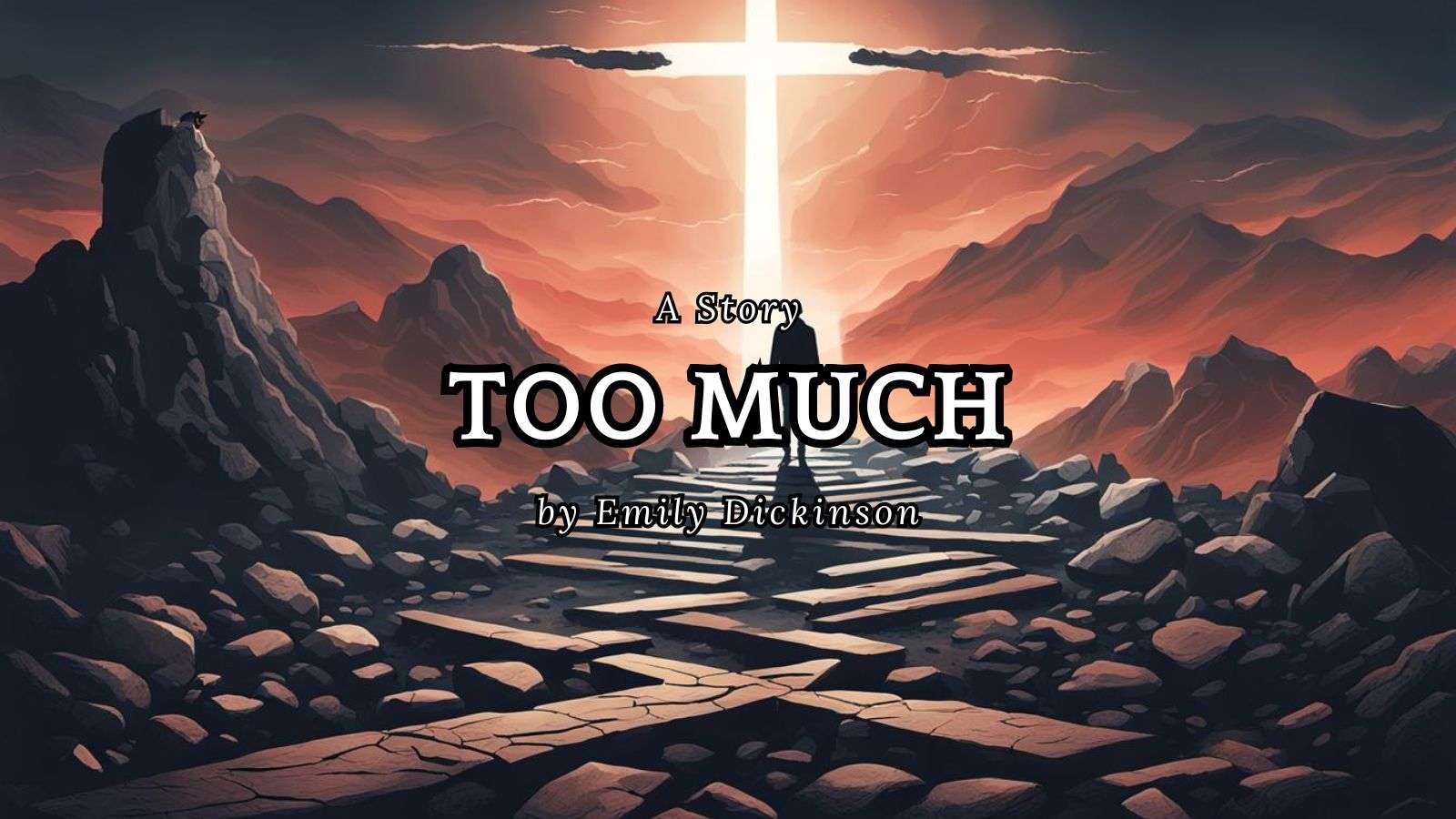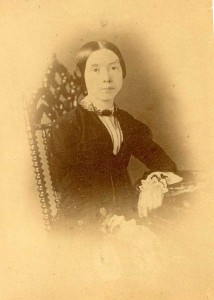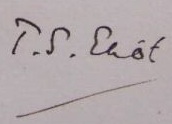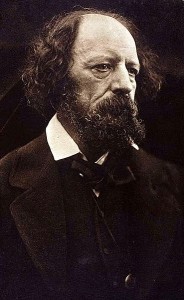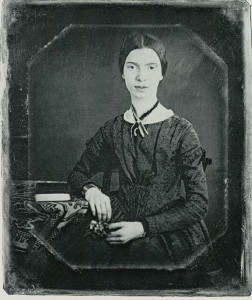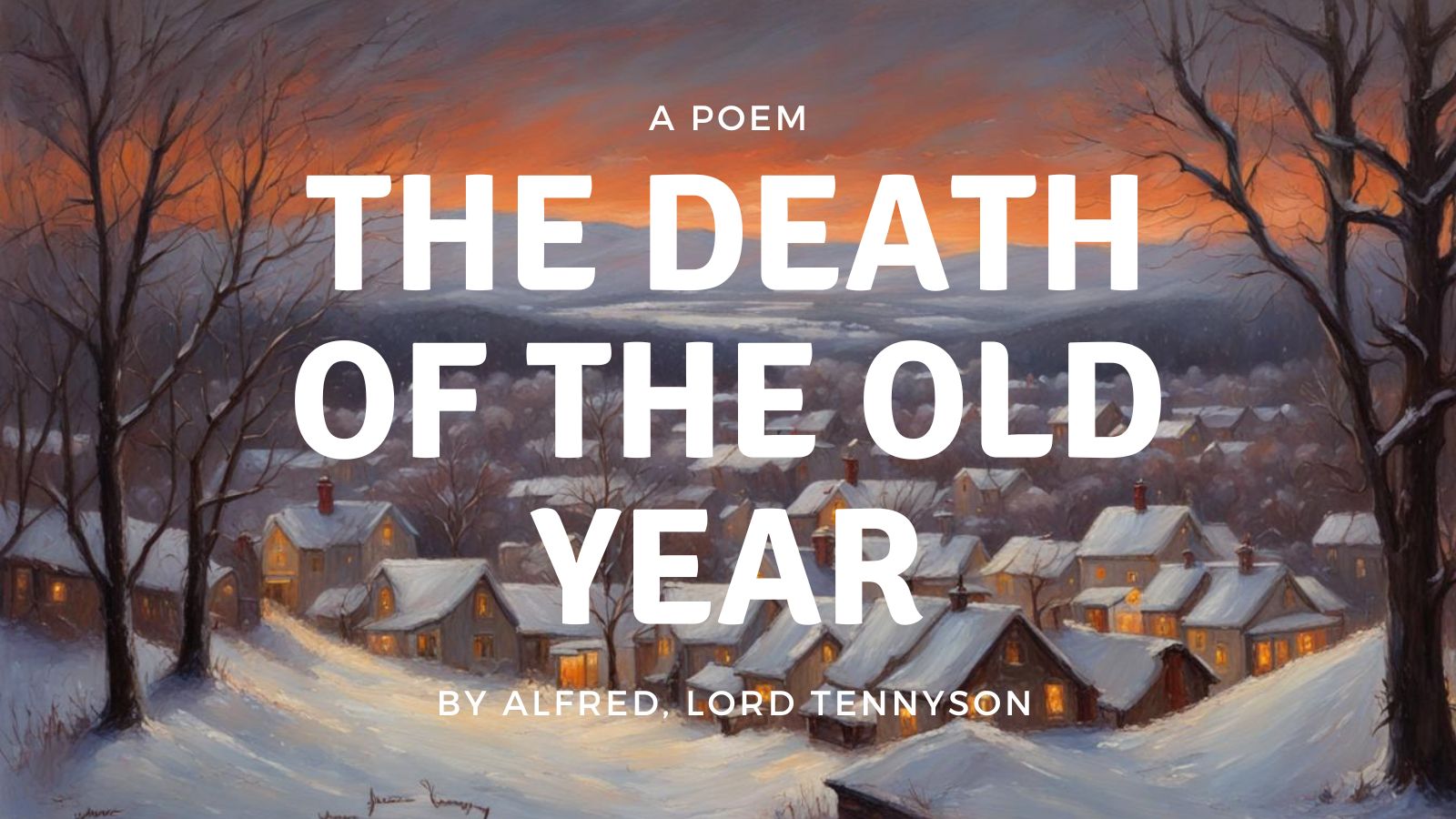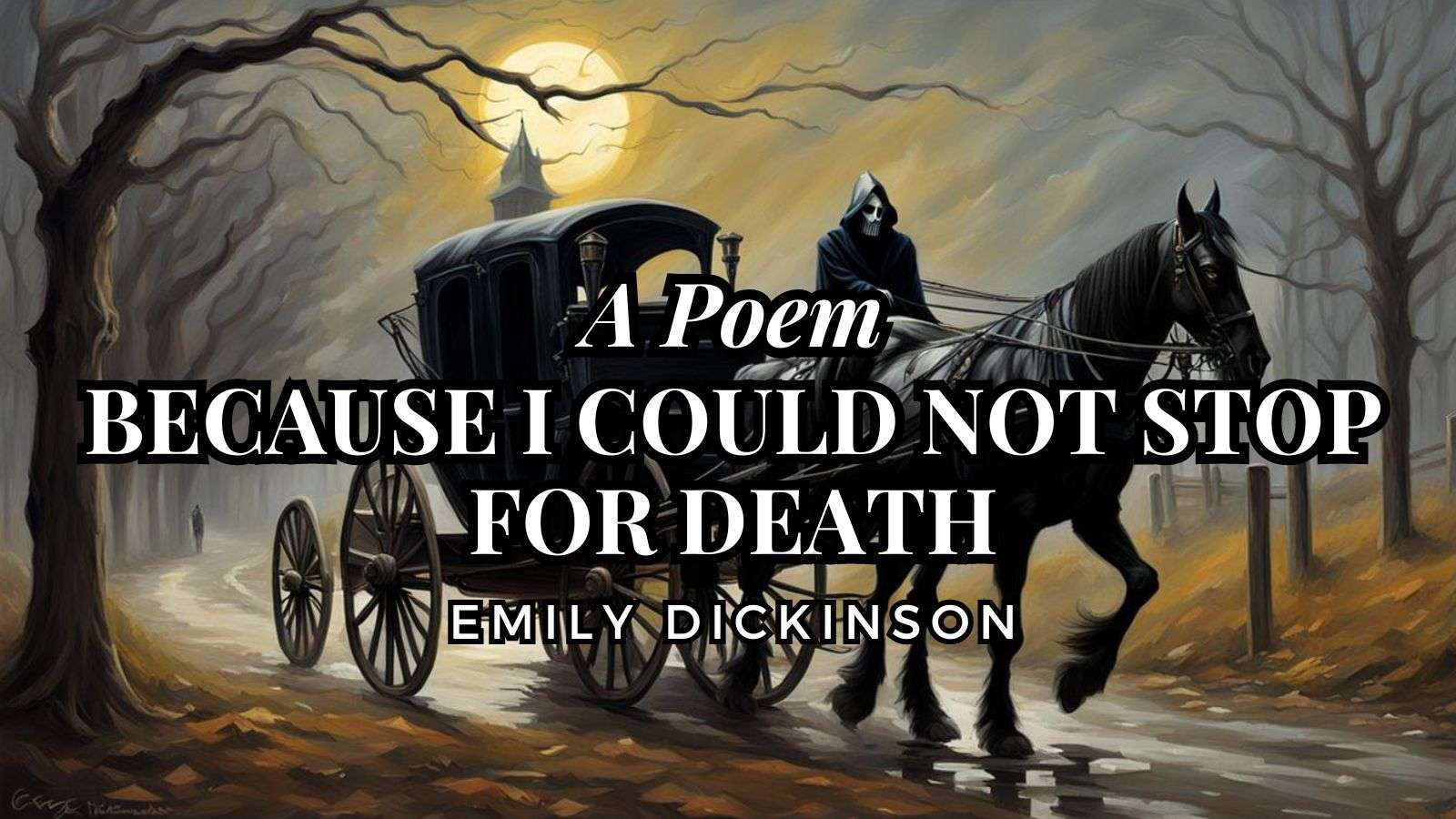
Because I could not stop for Death,
He kindly stopped for me;
The carriage held but just ourselves
And Immortality.
We slowly drove, he knew no haste,
And I had put away
My labor, and my leisure too,
For his civility.
We passed the school where children played,
Their lessons scarcely done;
We passed the fields of gazing grain,
We passed the setting sun.
We paused before a house that seemed
A swelling of the ground;
The roof was scarcely visible,
The cornice but a mound.
Since then ‘t is centuries; but each
Feels shorter than the day
I first surmised the horses’ heads
Were toward eternity.
###
Emily Dickinson (1830-1886) was one of the most original and influential poets in American history. Though she lived a largely reclusive life in Amherst, Massachusetts, she produced a body of work consisting of nearly 1,800 poems that contained unique creative expressions and broke from conventional writing styles of the 19th century. Dickinson was ahead of her time, pioneering unconventional capitalization and punctuation that gave her poems deeper layers of meaning. Though less than a dozen of her poems were published during her lifetime, Dickinson sent hundreds of poems to friends and family via letters. After her death, her pioneering style and mastery of themes like life, death, love, nature and spirituality cemented her place as one of the most important figures in American letters.

